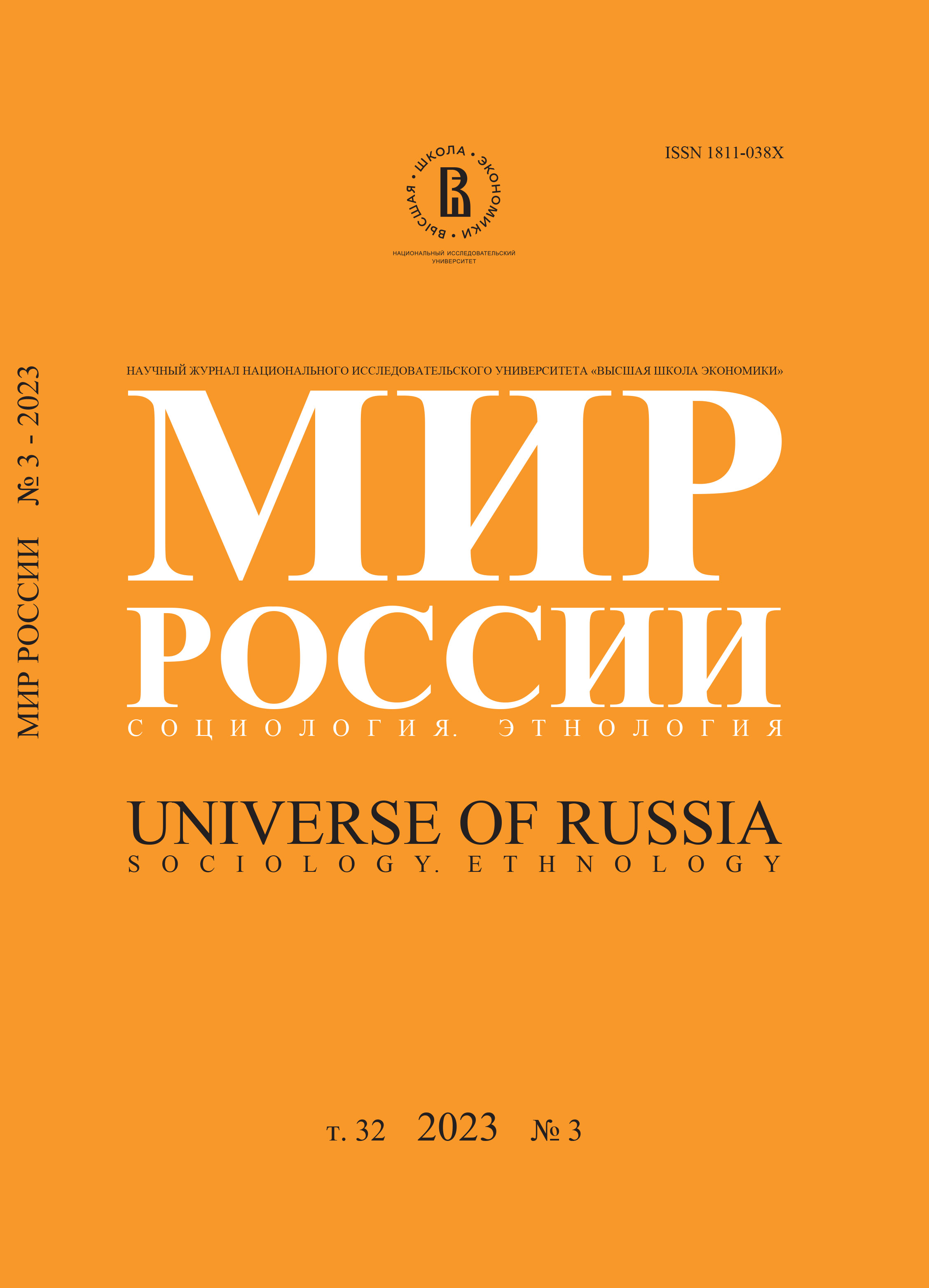The Narrow Corridor Concept: History and Modernity
Book review: Acemoglu D., Robinson J.A. (2021) The Narrow Corridor: States, Societies, and the Fate of Liberty, Moscow: AST (in Russian)
Abstract
This article is dedicated to the discussion of Daron Acemoglu and James Robinson’s book “The Narrow Corridor”, which presents a distinctive theoretical justification of the primacy of democratic institutions in constructing a progressive society and universal welfare. In addition to providing a structural representation of the concept of the narrow corridor, the article addresses the logical contradictions within the concept itself. Specifically, it demonstrates that the new theory cannot explain the Cicero Paradox, where at a certain historical stage, the most advanced mixed institutional configuration of state governance—the republic—is replaced by the most primitive pure form—the empire. The article argues that Acemoglu and Robinson’s lack of distinction between formal and informal institutions in their concept of the narrow corridor leads to numerous logical collisions in their worldview. Theoretical theses and contemporary historical facts ignored by the narrow corridor are discussed. Firstly, the authors assume an abstract state in the form of a Despotic Leviathan and an equally abstract tyrant driven by a thirst for power, whereas in reality, the state is merely an apparatus with all its elements, an instrument of violence; the subject of power is the one holding this instrument, giving rise to a broad, unaccounted spectrum of interpretations of despotism. Secondly, the narrow corridor disregards the perpetual geopolitical confrontation of states and the fact that institutional building in a country does not occur in a vacuum but under the oppression of geopolitical rivals whose aim is to create obstacles to the development of the country in question. Thirdly, the entire texture of Acemoglu and Robinson’s book neglects events from the past three to four years which have brought significant adjustments to our views of the world, such as the replacement of centuries-old political competition between the Republican and Democratic parties in the US with the political monopoly of the Democrats; the desecration of monuments to the founding fathers of America during the 2020 US presidential election, and so on. Fourthly, the very notion
of effective political and economic institutions in Acemoglu and Robinson’s book does not consider political sovereignty, where the institutional efficiency of puppet states serves as a peculiar form of tribute to the global hegemon. The article argues that the new concept represents one of the latest attempts to construct comprehensive monocausal theories.






